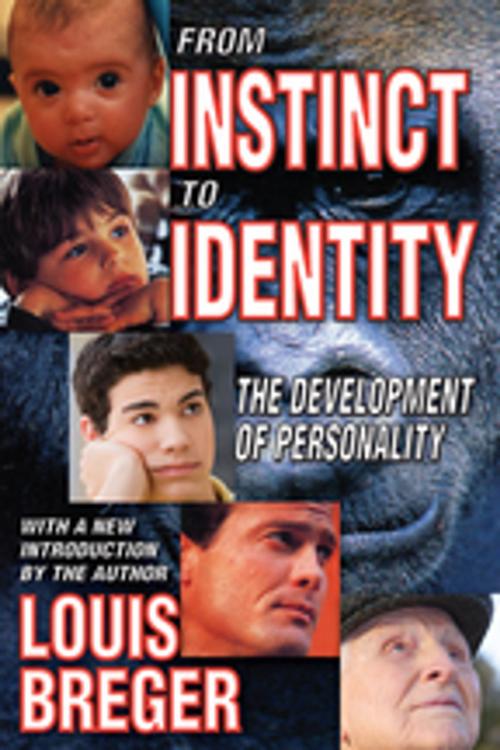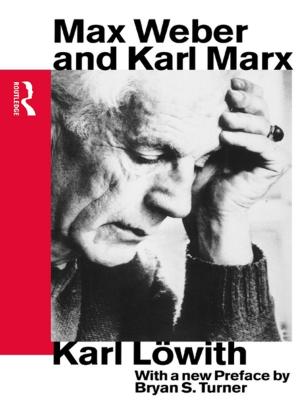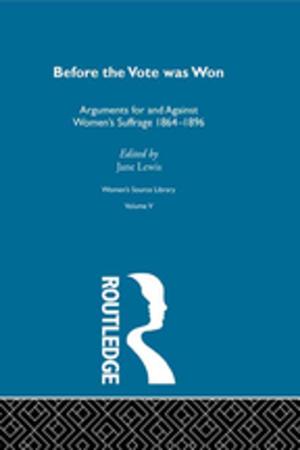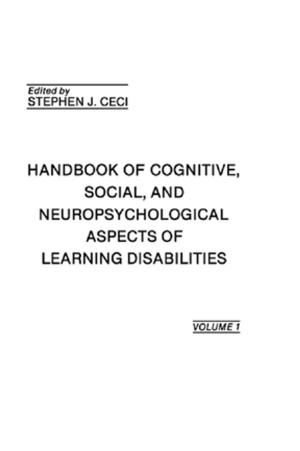From Instinct to Identity
The Development of Personality
Nonfiction, Health & Well Being, Psychology, Personality| Author: | David Hardison | ISBN: | 9781351518703 |
| Publisher: | Taylor and Francis | Publication: | September 8, 2017 |
| Imprint: | Routledge | Language: | English |
| Author: | David Hardison |
| ISBN: | 9781351518703 |
| Publisher: | Taylor and Francis |
| Publication: | September 8, 2017 |
| Imprint: | Routledge |
| Language: | English |
From Instinct to Identity begins an account of personality development by tracing the legacy of the human species from its primate heritage to its present form. Findings from ethology, primate studies, linguistics, and other sources are used to construct an account of the unique features of man. The evolution of early cultures is shown through use of anthropological work. The ideas of Sigmund Freud, particularly as modifi ed by Erik Erikson, are presented together with the theories and findings of Jean Piaget and his collaborators in a series of chapters that follow the person from infancy to adolescence. Other chapters examine play, dreams, and fantasy; anxiety and its effects on the development of self; moral development; and identity. The emphasis throughout is on the growth of self, and its impact on social norms. The author blends together theories and findings from psychoanalysis, psychology, ethology, humanistic psychology, and child development, develops a model of human motivation in which the basic emotional systems of love, anxiety, aggression, curiosity and intelligence are traced from their primate background through the human life cycle. He brings together classic ideas on guilt and conscience with research on moral reasoning and ego development, and clarifies difficult ideas in a clear, direct prose style. This classic volume, now available in paperback with a new introduction by the author, will fi nd a new audience among anthropologists as well as psychologists interested in the evolution of human behavior.
From Instinct to Identity begins an account of personality development by tracing the legacy of the human species from its primate heritage to its present form. Findings from ethology, primate studies, linguistics, and other sources are used to construct an account of the unique features of man. The evolution of early cultures is shown through use of anthropological work. The ideas of Sigmund Freud, particularly as modifi ed by Erik Erikson, are presented together with the theories and findings of Jean Piaget and his collaborators in a series of chapters that follow the person from infancy to adolescence. Other chapters examine play, dreams, and fantasy; anxiety and its effects on the development of self; moral development; and identity. The emphasis throughout is on the growth of self, and its impact on social norms. The author blends together theories and findings from psychoanalysis, psychology, ethology, humanistic psychology, and child development, develops a model of human motivation in which the basic emotional systems of love, anxiety, aggression, curiosity and intelligence are traced from their primate background through the human life cycle. He brings together classic ideas on guilt and conscience with research on moral reasoning and ego development, and clarifies difficult ideas in a clear, direct prose style. This classic volume, now available in paperback with a new introduction by the author, will fi nd a new audience among anthropologists as well as psychologists interested in the evolution of human behavior.















